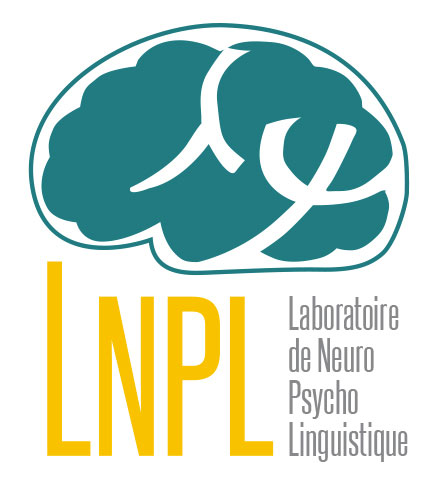- Recherche,
-
Partager cette page
Séminaire LNPL "Crossing borders that are not geographical: intercultural thinking in heritage speakers" Prof. Dr. Carmen Ramos (International University SDI München)
Abstract. According to a widely accepted definition, a heritage speaker is an individual who is raised in a home where a language other than the majority language is spoken. This implies that he or she is, to some degree, bilingual in the home (heritage) and the majority language” (Valdés, 2000).
Heritage speakers live, to a greater or lesser extent, between two or more languages and cultures. Despite this fact, there is scarce research on their intercultural thinking. This might be due to the common belief that they are used to navigate between cultures and, therefore, capable of doing it without any difficulty. They seem to have intercultural competence ‘by default’. But can we really assume this?
This talk will provide an overview of research on the intercultural thinking of heritage speakers, considering cognitive and affective dimensions. Affective factors are particularly important, since heritage speakers experience from within different language and cultures that may have an impact on their family bonds.
Valdés, Guadalupe. 2000. The teaching of heritage languages: an introduction for Slavic teaching professionals. In: Kagan, Olga & Rifkin, Benjamin (Eds.). The Learning and Teaching of Slavic Languages and Cultures. Bloomington, IN: Slavica, 375-404.

